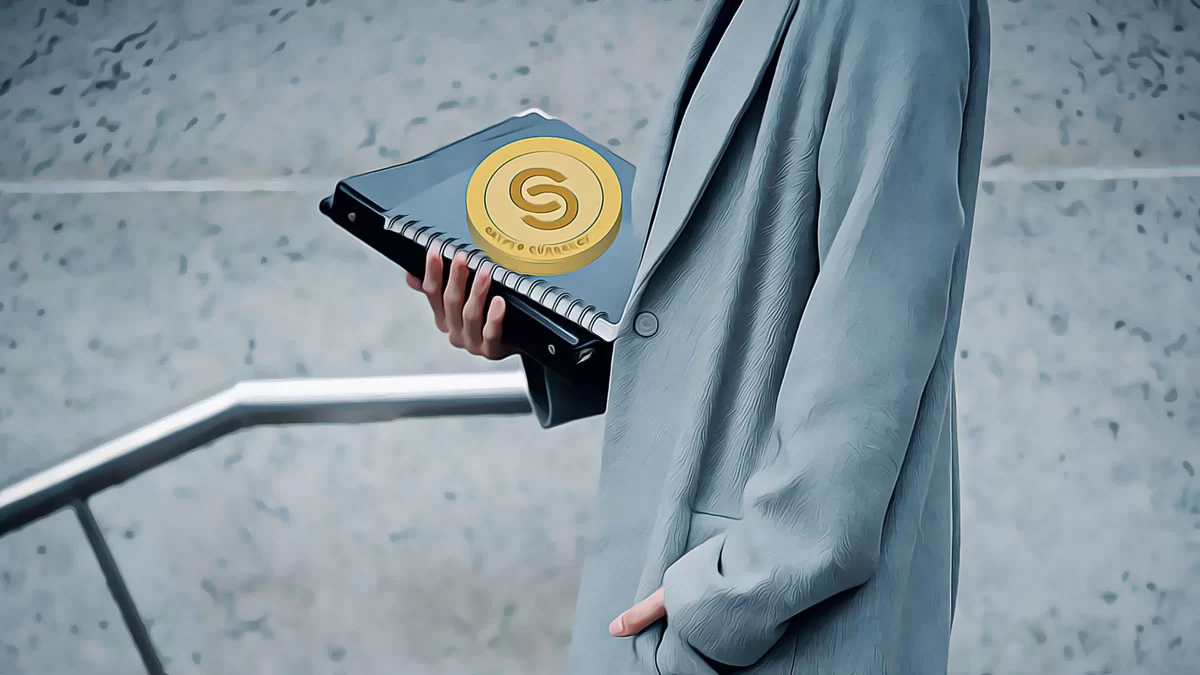Leading US-based crypto market platform Messari announced its independence from the SEC, citing the commission’s strict stance towards the emerging sector.
Crypto company breaks off ties with the SEC and charges Gensler of being crooked.
The CEO of Messari, Ryan Selkis, said on July 7:
“I’ve declared independence from the SEC and its corrupt Chair Gary Gensler. In the months ahead, Messari will be operationalizing a war against this illegitimate and corrupt agency.”
Why is Messari cutting relations with the SEC?
The company compared its difficulties with the SEC to its positive interactions with regulators elsewhere in a draft letter made public on X. The company attacked the SEC, saying that Chair Gentsler had made it incompetent and rude.
The letter highlighted the SEC’s inability to find evidence of fraud at Genesis, Celsius, and FTX before their failures. Messari contended that the regulator’s legal actions against cryptocurrency companies are no longer centered on fraud detection but instead have a political agenda.
Messari said recent court decisions like Jarkesy and Loper-Bright have questioned the SEC’s authority to oversee cryptocurrency markets. As stated in the letter:
“The crypto industry’s cases against the SEC have gained significant strength in recent weeks following two Supreme Court decisions that weaken the agency’s internal administrative courts and Chevron deference. There are open questions as to the agency’s legal mandate to regulate the crypto markets at all under the major questions doctrine.”
It also claimed that the SEC’s measures threaten America’s position as the cryptocurrency industry leader. Consequently, Messari will only interact with the SEC once reforms are implemented.
It came to this conclusion:
“For these and other reasons, Messari will no longer engage with the SEC in any formal or informal capacities until it is reformed and its leadership changed. We now treat the agency as a hostile adversary, competitor, and superfluous federal regulator.”
The crypto company said it intends to question the legitimacy of the SEC’s authority over the developing sector in Congress and the courts in the upcoming months.



